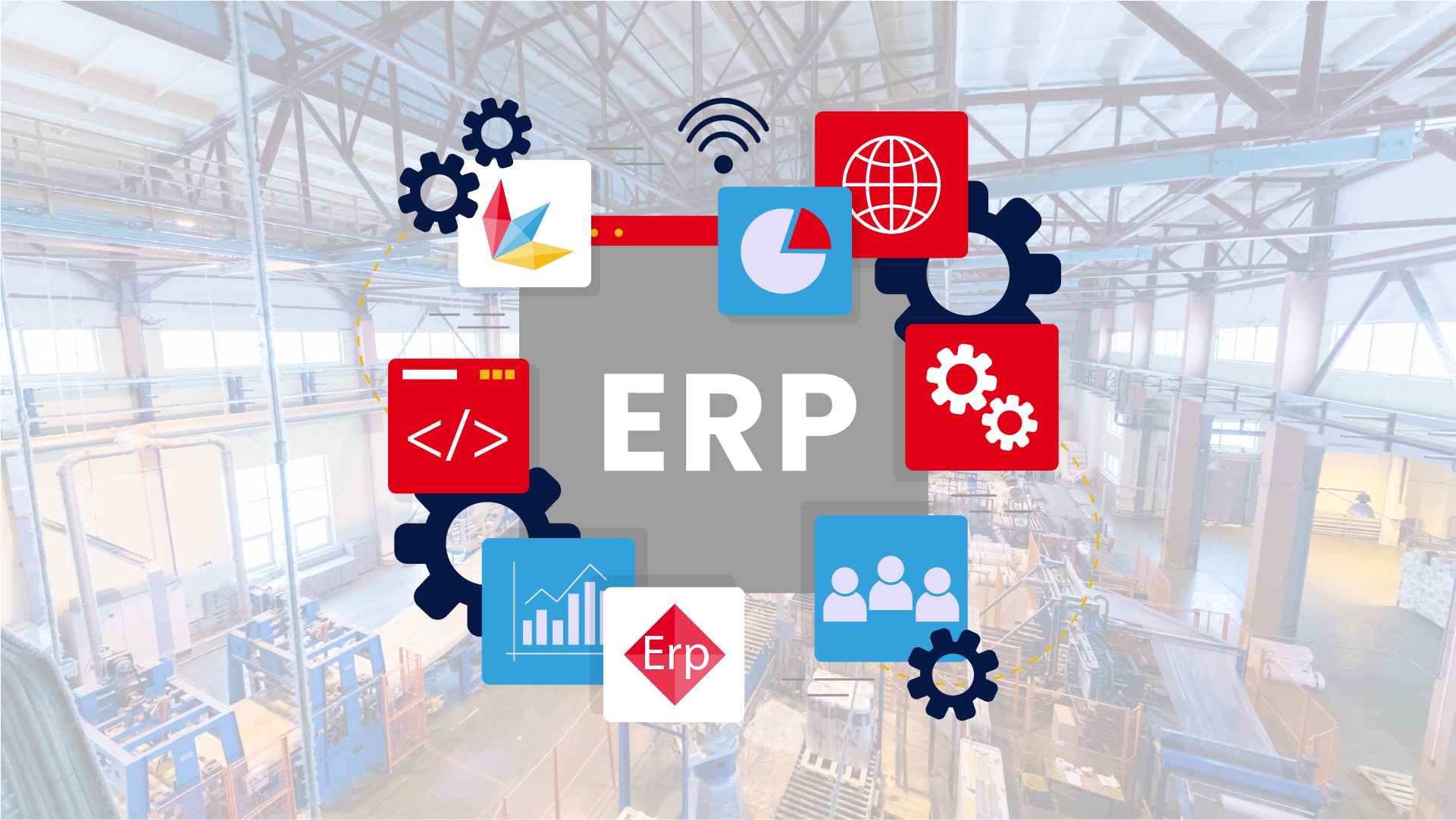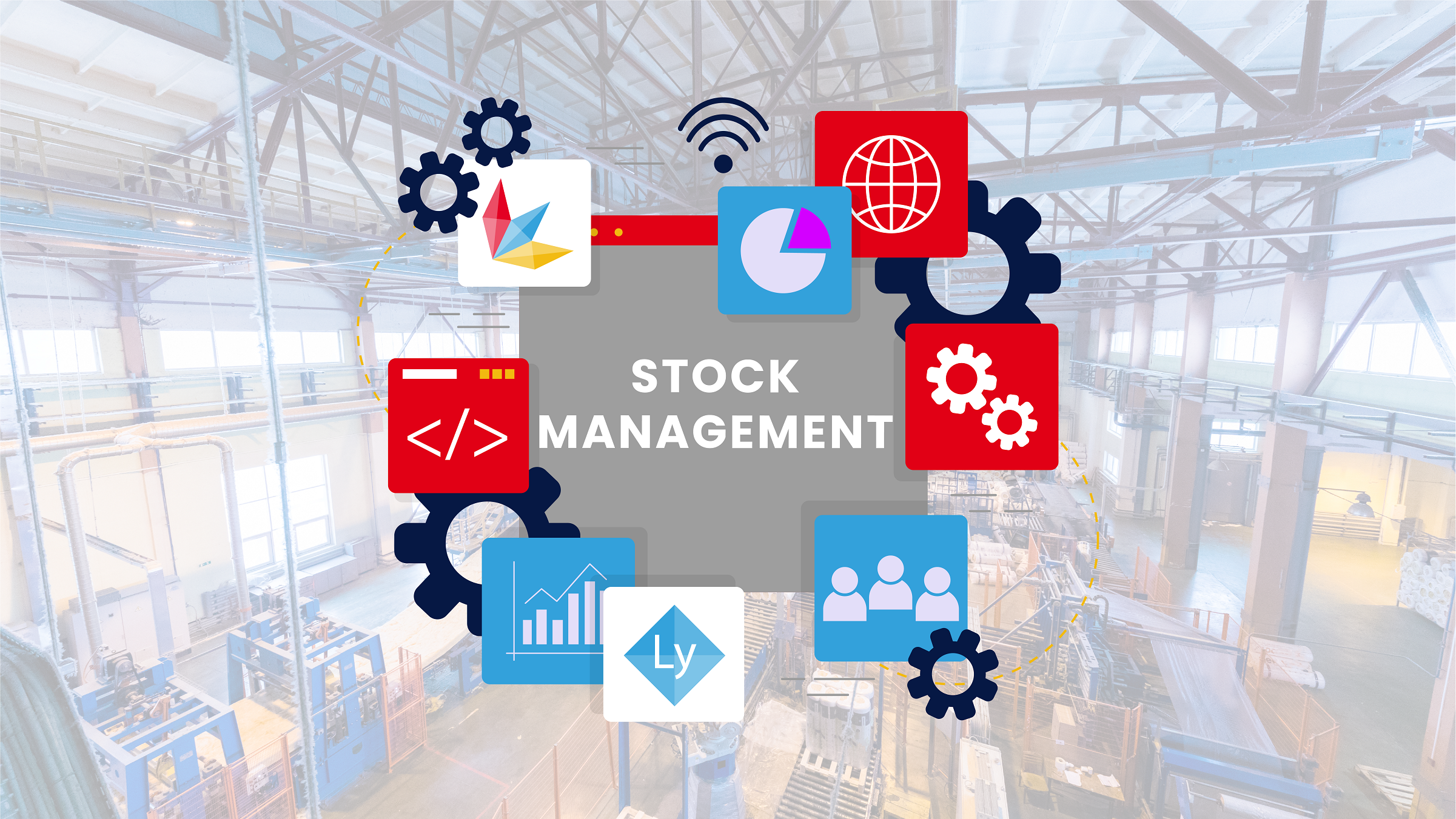In today’s business landscape, efficient production management is crucial for the success of a company. A fundamental concept in achieving this goal is Material Requirements Planning (MRP). In this article, we will explore the meaning of MRP, its origin, and its importance in modern production management. You will discover why MRP serves as the foundation for modern Manufacturing Execution Systems (MES) and how it can help medium-sized companies optimize their operations.
What does MRP mean?
MRP, which stands for Material Requirements Planning, is a computer system that enables companies to efficiently plan and manage the material needs for production. MRP analyzes production demands, available inventory, and delivery times to determine which materials need to be purchased or produced, and in what quantities, to meet the demand.
Origin of MRP
The concept of MRP emerged in the 1960s as a response to the need for more accurate production process management. Engineer Joseph Orlicky developed the first MRP system at IBM. Initially, MRP relied heavily on manual calculations and punched cards, but with the advent of computers, it became possible to automate and further optimize the process.
History of MRP
Over the years, MRP has undergone several evolutions and improvements. From the early days of punched card systems, MRP transformed into an integrated computer system that coordinates production planning, material procurement, and order management activities. The introduction of new technologies and integration with other enterprise systems, such as Enterprise Resource Planning (ERP), enabled more effective information integration and comprehensive supply chain management.
MRP as the foundation of modern MES
MRP serves as the foundation for modern MES, which expands the functionalities of MRP by including real-time monitoring and control of production. While MRP focuses on material planning, MES extends to managing the execution of production processes, from data collection to resource management, quality control, and performance analysis. MES provides a detailed view of production, enabling companies to make informed decisions and optimize their operational efficiency.
MRP is a fundamental concept for optimizing production management in businesses. Its origin dates back to the 1960s, and since then, it has undergone significant improvements and integrations with other enterprise systems.




Leave A Comment